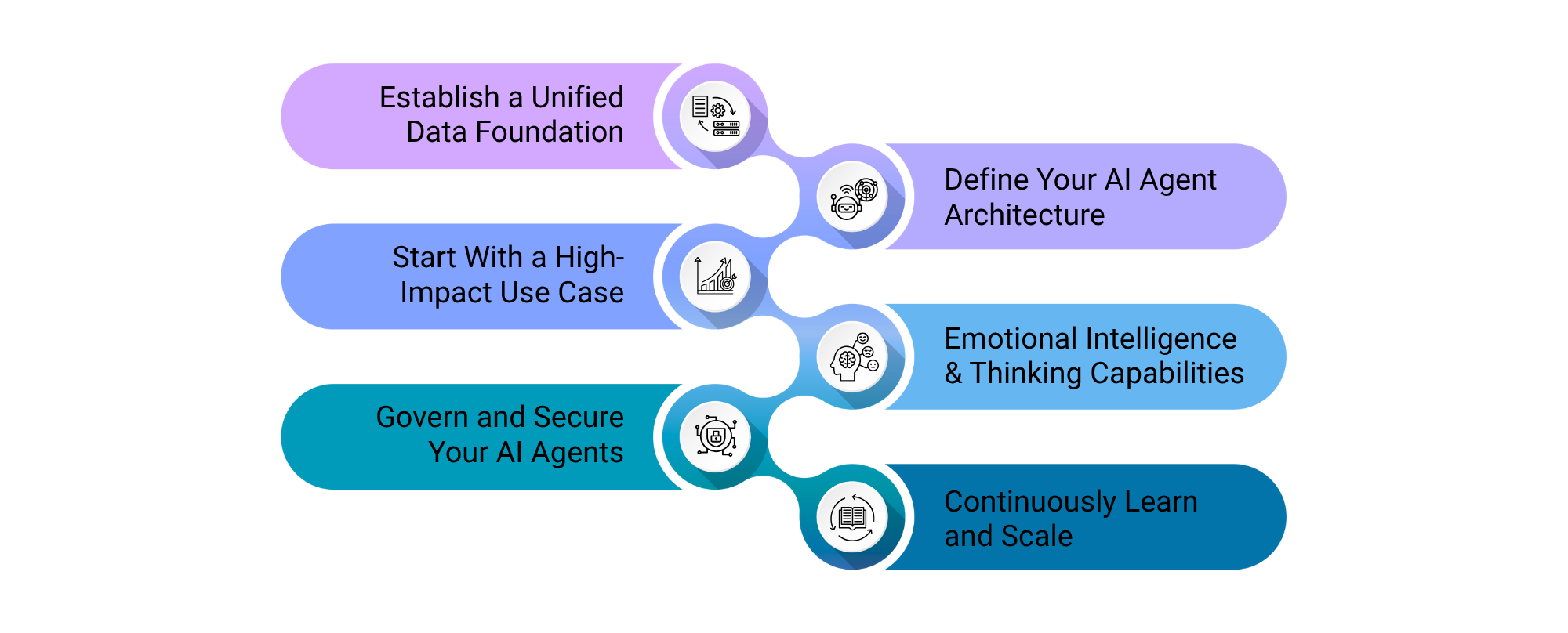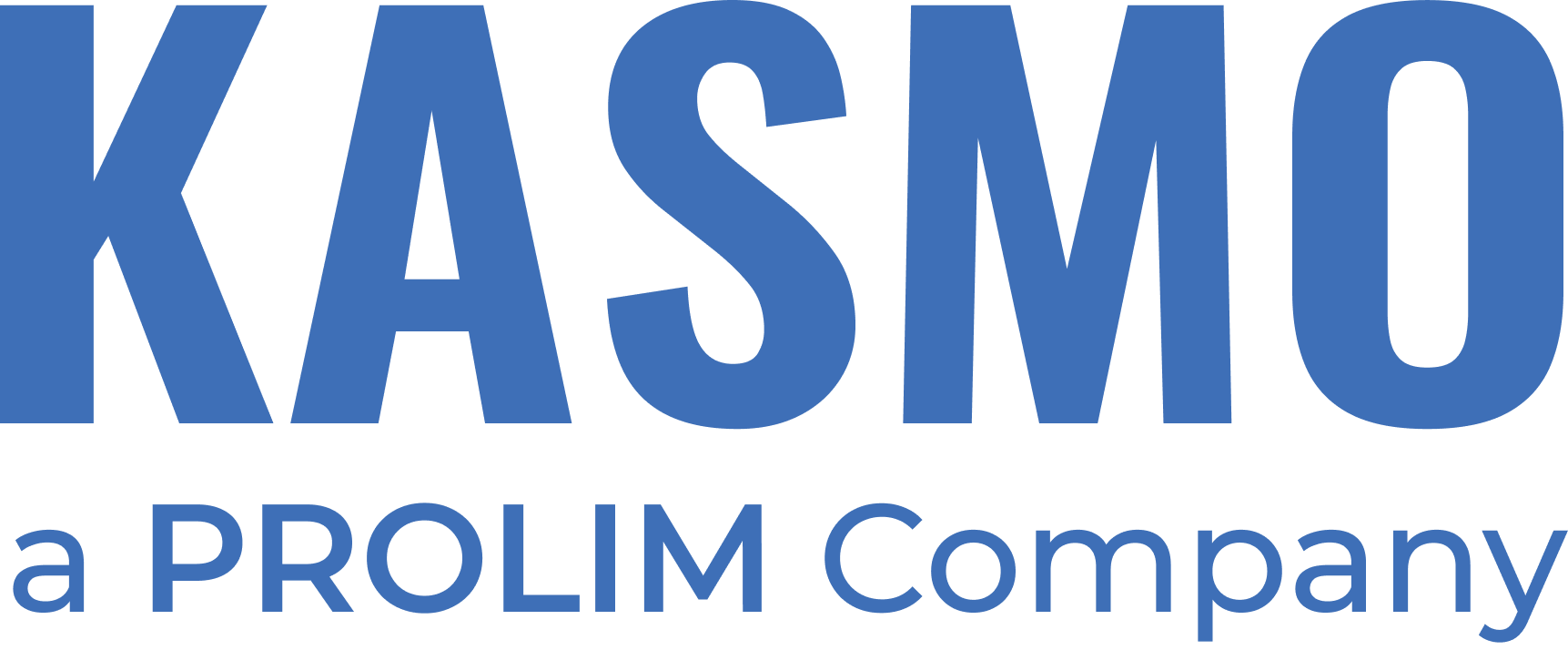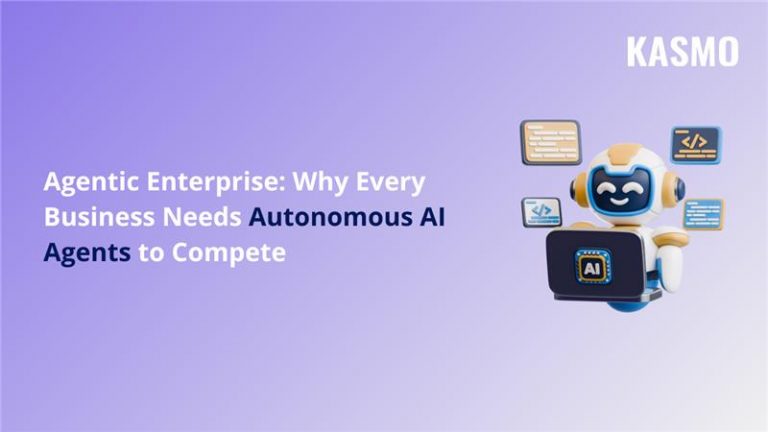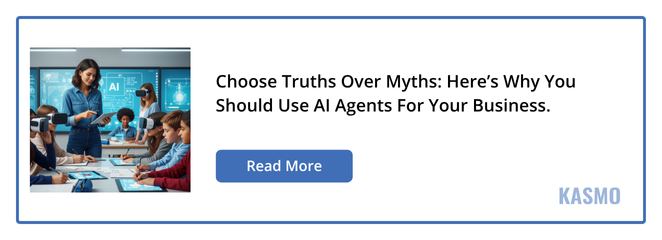Introduction
The next wave of enterprise transformation is agentic, and it is powered by autonomous and intelligent AI agents. Capgemini assumes that organizations with scaled implementation of AI agents will realize 50% of potential benefits, while those still in the early stages may see only around 10%. These numbers show the benefits of becoming an Agentic Enterprise.
An Agentic Enterprise transforms how an organization functions. Traditional AI enhances human tasks through insights and automation, but agentic AI redefines expectations and capabilities. It can do more than just support existing workflows; it communicates, collaborates, and continuously learns to build self-improving intelligence. Achieving this transformation requires advanced AIML and predictive algorithms, a connected data foundation, responsible governance, and more to build emotionally intelligent systems.
In this blog, we explore what defines an Agentic Enterprise, the building blocks that enable it, and how Salesforce and Kasmo help organizations to become one and drive automation.
What is an Agentic Enterprise?
An Agentic Enterprise is an organization built around autonomous AI agents that can independently perceive, reason, decide, and act to achieve business goals with less human intervention. Here, artificial intelligence doesn’t just automate tasks but operates with purpose, awareness, and autonomy. Traditional enterprises usually rely on human-triggered automation, but an agentic enterprise is built around intelligent systems that can sense, decide, and act independently. These AI agents are capable of handling complex tasks such as decision-making, optimization, and personalized interactions in real time.
What makes the agentic enterprise distinct is its focus on agency, which is the ability of AI systems to make context-aware decisions aligned with business objectives rather than following pre-defined scripts. These agents work together as part of a multi-agent system, exchanging insights and making collective decisions that enhance efficiency and innovation across the organization.
The Building Blocks of an Agentic Enterprise
Building an Agentic Enterprise is more than deploying AI tools. It involves creating a connected ecosystem where data, intelligence, and autonomy come together to enable purposeful action. These foundational building blocks ensure that autonomous AI agents can operate effectively, ethically, and at scale.
Unified and Trusted Data Foundation
Every agentic enterprise starts with data, i.e., clean, connected, and accessible. A unified data platform allows AI agents to access real-time, high-quality information across systems such as production, logistics, sales, and customer service. This eliminates data silos and ensures decisions are made based on a single source of truth.
Autonomous AI Agents
At the heart of the agentic enterprise are autonomous AI agents; they are intelligent entities capable of perceiving data, reasoning, learning, and taking actions aligned with business goals. Each agent can be specialized in a domain. For example, a Supply Chain Agent predicts inventory needs, or a Customer Engagement Agent personalizes experiences. Together, these agents form a multi-agent system that collaborates, communicates, and coordinates actions without human intervention.
Multi-Agent Orchestration Layer
To ensure harmony and collaboration, organizations need an orchestration layer, a framework that governs how agents interact, share data, and make joint decisions. This layer acts like the central system of the agentic enterprise, allowing agents to assign tasks intelligently, resolve conflicts, and align actions with business goals.
Human-AI Collaboration Framework
Even in an autonomous setup, humans remain critical. The agentic enterprise doesn’t replace people; it augments them. A structured human-AI collaboration model ensures humans set mission and ethical boundaries. AI agents handle complex analysis and execution, and continuous feedback helps them learn and improve. This effective collaboration increases employee productivity and operational efficiency.
Continuous Learning and Optimization
An agentic enterprise is never static. Through machine learning and feedback loops, AI agents continuously evolve to improve predictions, refine decisions, and adapt to new market dynamics. This self-learning capability transforms enterprises into adaptive, future-ready organizations that thrive on innovation and agility.
How to Build an Agentic Enterprise with Salesforce

Establish a Unified Data Foundation
Every intelligent decision starts with trusted data. To build an agentic enterprise, organizations must first integrate data across systems, teams, and processes into a single, governed platform. This eliminates data silos and ensures that autonomous AI agents can access real-time, accurate information. Salesforce Data Cloud breaks down silos by connecting customer, sales, service, and marketing data into a single model with a 360-degree view of the data. This ensures AI agents have trusted, context-rich data to make decisions, personalize interactions, and automate processes effectively.
Define Your AI Agent Architecture
Next, design the blueprint for how agents operate and interact. An agentic enterprise functions through multiple AI agents, where they have a specific task to complete.
Key steps in defining agent architecture include:
- Identify roles and responsibilities: Decide what each agent will do. For instance, monitoring production efficiency, predicting market demand, guiding sales reps, or engaging customers.
- Create a hierarchy or coordination model: Define how agents communicate, escalate issues, and align their actions toward shared goals.
- Enable interoperability: Use APIs, orchestration tools, and AI platforms that allow agents to exchange data and learn from each other seamlessly.
- Using Salesforce’s Agentforce allows organizations to deploy autonomous, task-specific AI agents that work across the Salesforce ecosystem, from CRM workflows to external apps.
Start With a High-Impact Use Case
Building an agentic enterprise is a long process that requires continuous improvement. Rather than attempting a massive, company-wide overhaul, businesses should start with a specific, high-impact use case that demonstrates quick value and impact. This could be automating a customer service workflow, streamlining lead routing, or optimizing a marketing campaign, where AI can work effectively.
With Einstein AI embedded across Salesforce, these use cases become powerful pilots for broader transformation. Einstein turns enterprise data into predictive and generative intelligence. It helps to forecast demand and customer behavior, generate personalized recommendations, automate reporting, and more. By starting small and scaling strategically, businesses can validate value early, gain trust across teams, and lay the foundation for an intelligent agentic enterprise.
Emotional Intelligence and Thinking Capabilities
As enterprises advance in their AI journey, success depends not only on automation but on how intelligently and empathetically those systems operate. An agentic enterprise thrives when its processes go beyond executing tasks to understanding intent, emotion, and context. This is where emotional intelligence and thinking capabilities are essential.
With Salesforce Einstein AI and Agentforce, businesses can design workflows that adapt dynamically to customer needs and organizational goals. AI agents learn from interactions, recognize sentiment in conversations, and respond with relevance to create experiences that feel like humans. Emotionally intelligent agents can sense customer emotions, respond empathetically, and deliver personalized experiences that strengthen trust and satisfaction. This helps AI evolve from being process-driven to an emotionally intelligent system.
Govern and Secure Your AI Agents
Autonomous intelligence requires a strong governance framework for ethical implementation. Salesforce ensures ethical, transparent, and secure AI through built-in capabilities, which handle data privacy, compliance, and explainability. Organizations can have pure control over how data is used and define clear guardrails for data access. Also, focus on model transparency, bias monitoring, and regulatory compliance. This foundation ensures that as autonomy grows, trust and compliance remain non-negotiable.
Continuously Learn and Scale
The final step is to make learning continuous. Salesforce helps AI agents evolve through feedback loops and integrated analytics, using Einstein Trust Layer and Data Cloud insights to refine decision-making. With scalable infrastructure and extensible APIs, organizations can roll out new agentic capabilities across departments to create a continuously improving enterprise ecosystem.
Challenges to Overcome in Building Agentic Enterprise
Legacy Infrastructure and Integration Complexity
Many enterprises rely on outdated technologies that are not compatible with autonomous or AI-driven operations. Integrating AI agents into these systems, from CRM to ERP, requires significant re-engineering. The shift toward cloud-native, API-first architectures like Salesforce is essential to enable secure data flow and intelligent process automation.
AI Bias And Unfair Outcomes
Bias within training data can unintentionally be reinforced, resulting in discriminatory or unfair outcomes. To prevent this, organizations can audit and monitor AI models for bias throughout their lifecycle. Establishing a strong governance framework that includes a human-in-the-loop mechanism to ensure that high-impact decisions are validated by humans.
Cultural and Organizational Resistance
Initially, employees and leaders might resist AI adoption due to fear of change or job displacement. Building an Agentic Enterprise also requires change management, continuous learning, and a clear narrative that positions AI as an enabler of human potential, not a replacement.
Measuring ROI and Demonstrating Value
AI and autonomous agents promise long-term benefits, but many organizations struggle to measure ROI in the early stages. Defining success metrics, like improved decision speed, reduced operational costs, or rate of customer satisfaction, helps validate investments and performance of AI agents.
The Kasmo Advantage: Enabling the Agentic Enterprise
Deloitte predicts that in 2025, 25% of companies that use GenAI will launch Agentic AI pilots or proofs of concept, growing to 50% in 2027. As organizations accelerate toward this new phase of intelligent automation, the need for a trusted partner becomes essential.
Kasmo is proud to be a Salesforce Summit Partner, empowering enterprises to transform how they operate, engage, and innovate with intelligent automation. Kasmo brings together Salesforce Einstein AI, Agentforce, and the Salesforce Data Cloud to help organizations become Agentic Enterprises. With deep Salesforce expertise and AI-first strategies, Kasmo helps businesses drive measurable outcomes, enhance productivity, smarter customer engagement, and scalable innovation across every touchpoint.
Our approach focuses on:
- Building intelligent workflows that adapt dynamically to business and customer context.
- Embedding emotional intelligence into AI agents for more empathetic, human-like interactions
- Ensuring data readiness and governance to enable responsible AI adoption
- Delivering measurable ROI through pilot use cases that scale into enterprise-wide transformation
- Kasmo combines strategy, innovation, and empathy to enable businesses to go beyond automation and build the next generation of Agentic Enterprises to drive exponential growth.
Conclusion
The journey to becoming an Agentic Enterprise marks a fundamental shift in how organizations think, operate, and evolve. It’s about creating an environment where AI agents and humans collaborate to achieve shared goals. Businesses should focus on combining the speed and intelligence of machines with the empathy and creativity of people.
With Salesforce’s AI ecosystem, from Einstein to Agentforce and Data Cloud, organizations gain the tools to unify data, build trustworthy AI agents, and deliver real-time, personalized intelligence. By combining strategic vision with responsible governance and the right implementation expertise, organizations can build agentic enterprises that drive continuous innovation and growth.




